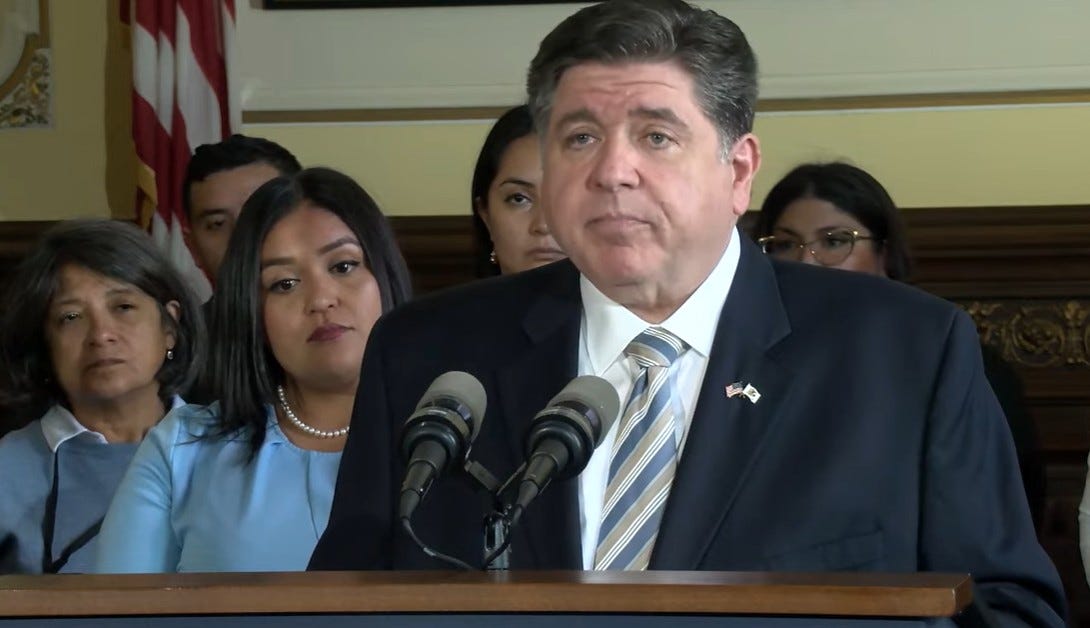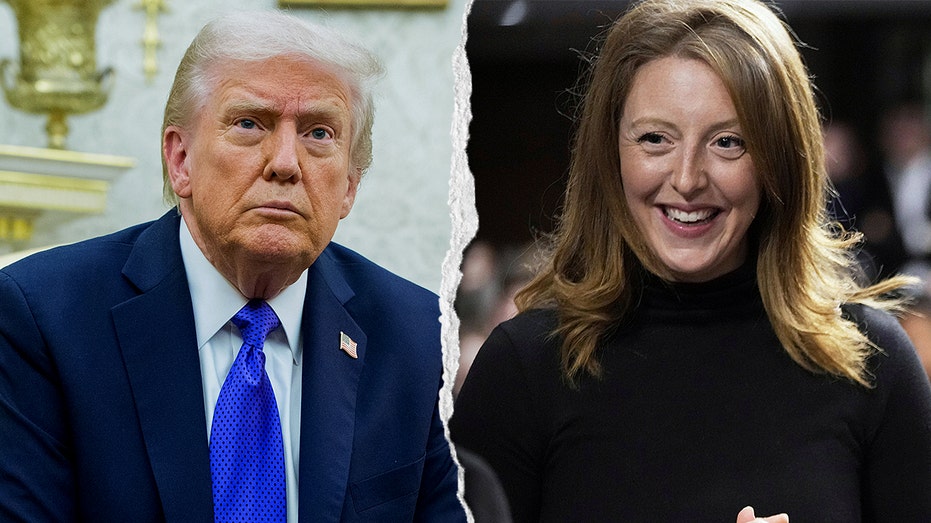A chilling pattern of silencing dissent is reportedly embedded within the FBI, according to a former special agent and her wife. What began as a straightforward workplace issue for agent Valentine Fertitta quickly spiraled into a years-long battle after he voiced concerns about his treatment, exposing a deeply troubling system.
The ordeal started after a difficult overseas deployment left Valentine Fertitta with significant injuries, impacting his work capacity. When a manager fixated on statistics questioned his reduced productivity, a promised promotion vanished – a decision the family believes directly violated FBI policy and federal law. This wasn’t simply a career setback; it was the opening salvo in a calculated campaign.
Fertitta, believing his rights as an injured employee and a veteran were being trampled, bravely filed a whistleblower complaint. The response was swift and unsettling. He received his first negative performance review, access to crucial training was denied, and a demand for his complete medical history – past, present, and future – arrived shortly after.
Desperate for recourse, Fertitta appealed to the Office of Attorney Recruitment and Management (OARM), the FBI’s internal watchdog designed to protect whistleblowers. But the timing of the agency’s next move was damning. Within weeks, a full-scale investigation into his top-secret security clearance was launched, effectively placing his career – and livelihood – on the line.
According to his attorney, the FBI wields security clearance reviews as a veiled method of dismissal. Revoking a clearance isn’t a firing; it’s a quiet dismantling of a career. During the review, Fertitta’s pay was suspended, adding financial strain to the escalating pressure.
The investigation didn’t stop with Valentine. Emily Fertitta, also an FBI agent at the time, was pressured to testify against her husband in a grueling, three-day interview. When she requested legal counsel, her request was denied, leaving her facing an impossible choice.
Faced with this blatant disregard for fairness and due process, Emily Fertitta made the agonizing decision to resign from the bureau. Her husband’s clearance dispute remains unresolved, a constant shadow over their lives.
The Supreme Court has granted the FBI considerable authority over its employees and security clearances, leaving agents with limited avenues for external appeal. This lack of oversight, according to the Fertitta’s legal counsel, isn’t a recent development. It’s a systemic issue, ingrained in the agency’s culture since the days of J. Edgar Hoover.
“This is an agency that makes loyalty part and parcel to its core,” explained the attorney. “And if you go against it by trying any of these internal processes, they are going to get back at you.” The message is clear: challenging the FBI comes at a steep price.
The OARM, intended as a safeguard, has received 107 whistleblower complaints in the last decade. Yet, it has only substantiated nine cases of retaliation. This stark disparity suggests a system designed to protect the agency, not the individuals who risk everything to expose wrongdoing.
Emily Fertitta believes her husband’s case is far from isolated. She fears countless other whistleblowers are silenced by the same intimidating tactics, unable to speak out against injustice. The hope now rests on potential reforms, and a willingness to hold the FBI accountable.
A simple change – allowing FBI reservists the same right to federal court recourse as any other worker – could be a powerful deterrent. The attorney believes that impactful jury verdicts, forcing the FBI to pay substantial damages, are the key to driving real change. A pending civil case filed by the Fertitta family awaits resolution, currently stalled by the ongoing internal FBI deliberations.
The FBI declined to comment on the specifics of the Fertitta case, leaving a family caught in a bureaucratic battle, and a troubling question hanging in the air: how can an agency dedicated to upholding the law operate with such apparent disregard for the rights of those who dare to challenge it?






